Asbestos has been banned in Australia since 2004 but unscrupulous distributors are dodging the law by selling bogus brake parts online.
Thousands of brakes pads containing deadly asbestos -- designed to fit one of Australia's most popular cars -- are being sold illegally to local buyers unaware they are counterfeit parts.
In a cruel twist, the bogus brakes are almost impossible to track down because they were imported by unscrupulous distributors and sold online.
The general public may also be exposed to deadly asbestos brake dust.
"Every time the brakes are applied, asbestos dust goes into the atmosphere," said Greg Patton, Motor Traders Association CEO, referring to vehicles equipped with the counterfeit parts.
"It's that indiscriminate, it's truly deadly stuff. The disregard these people have for public health is shocking."
A confidential Toyota dealer bulletin obtained by News Corp Australia says the counterfeit brake pads are designed to fit every HiLux ute sold over the past 10 years -- a fleet of more than 400,000 vehicles -- and more than 100,000 Hiace delivery vans and commuter buses over the same period.
The counterfeit brake pads are sold in imitation Toyota packaging for about a quarter of the price of the genuine parts.
In addition to public safety, Toyota is concerned about the health of more than 5000 mechanics at its dealerships across Australia -- and more than 100,000 mechanics at independent workshops -- who may come across a car fitted with counterfeit brake pads.
Toyota Australia declined to comment, but the document said customers who have only had their vehicle serviced by a Toyota dealer are not at risk.
The notice warns mechanics to "use caution when examining any vehicles which have been serviced or repaired outside the Toyota dealer network" and photos show the differences between the genuine and imitation parts.
Mr Patton, whose association represents independent automotive mechanics and repairers, said it was "bitterly disappointing that private importers of these goods would be prepared to put people's lives at risk".
We've left the country wide open to this sort of dodgy behaviour
Independent testing commissioned by Toyota found the counterfeit parts contained the banned material.
The discovery follows Toyota's Federal Court case two months ago against importers of counterfeit airbag parts, which were likely to fail in a crash.
Experts say more needs to be done to stop dangerous car parts coming into the country.
"Clearly whatever measures we have in place are not good enough, we've left the country wide open to this sort of dodgy behaviour," said Peter Khoury, spokesman for the National Roads and Motorists Association.
"Now more than ever we need to make sure we have the necessary laws and measures in place to ensure that what comes to this country is safe and suitable for our roads."
It is unclear which country the imitation brake pads were sourced from, but it's the second time in three years asbestos has been found in automotive components.
In 2012, Chinese company Great Wall Motors had to recall more than 21,000 vehicles in Australia because asbestos was found in internal engine parts.
Asbestos was commonly used in the automotive industry until it was banned in Australia in 2004, after the material was linked to mesothelioma, a cancer of the lungs.
Last year, 750 Australians were diagnosed with mesothelioma -- equivalent to more than half the national road toll -- and experts say the symptoms can take between 20 and 50 years to appear.
The dangers of asbestos poisoning became more widely known after years of campaigning by Bernie Banton, who won his long legal fight for compensation in the year 2000 but lost his battle with lung cancer in November 2007.
A foundation has since been established in his name to continue to support sufferers of asbestos lung cancer.
"Mechanics are over-represented in asbestos poisoning because it was legal to use in brake systems for decades," said Rod Smith, a spokesman from the Bernie Banton Foundation and formerly the president of the Asbestos Diseases Society of Victoria.
"Mechanics would use an air hose to clean the brake components when fitting new pads, and the whole workshop would fill with asbestos dust. Everyone would get a lung full."
Mr Smith lost his wife of almost 30 years to asbestos poisoning in September 2011, aged 67, even though she did not work directly with the substance.
We're relying on an honesty system and it's clearly not working
"My wife died after her father brought asbestos home on his clothes; she'd dust off the clothes before she washed them and she got asbestos poisoning 50 years later. It's a truly cruel disease."
Mr Smith says there needs to be harsher penalties for importers and distributors who flout the law, and better checks of imported goods.
"Customs needs more people and more resources to check this stuff," said Mr Smith.
"Parts that contain asbestos are hard to detect, it's not like using a sniffer dog to detect drugs. At the moment, we're relying on an honesty system and it's clearly not working."


.jpg)


.jpg)








.jpg)
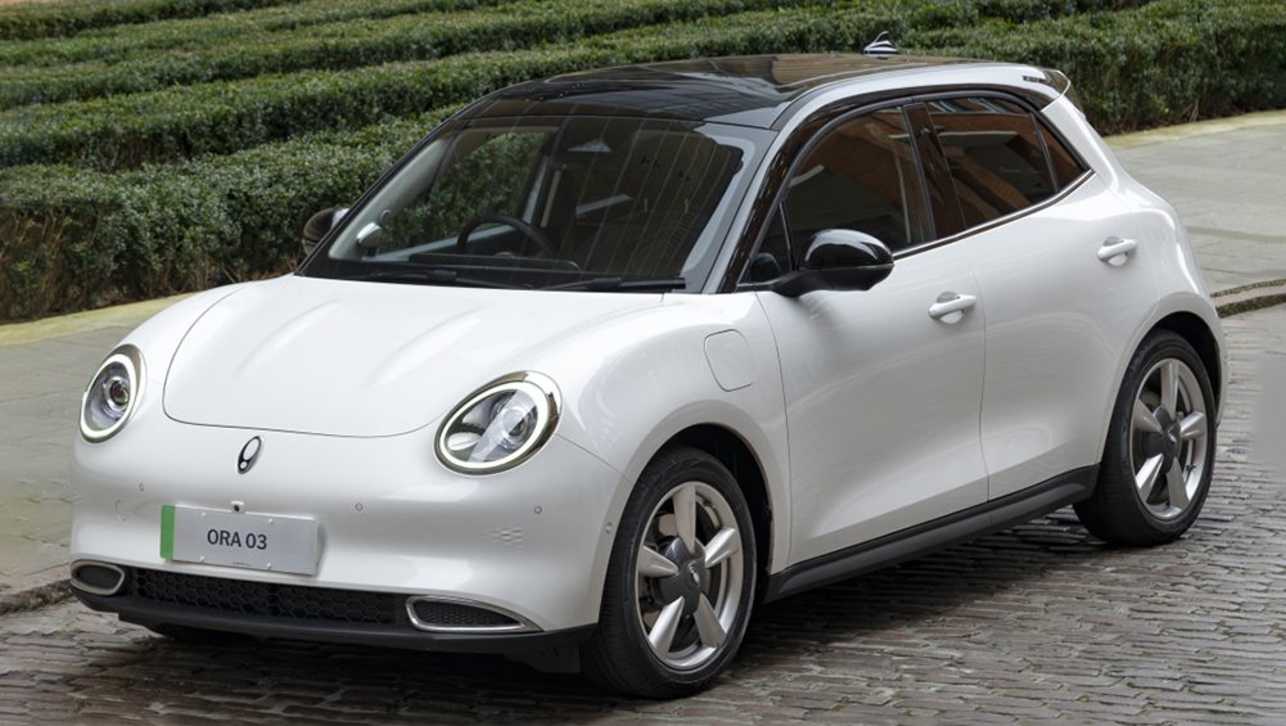

.jpg)

.jpg)

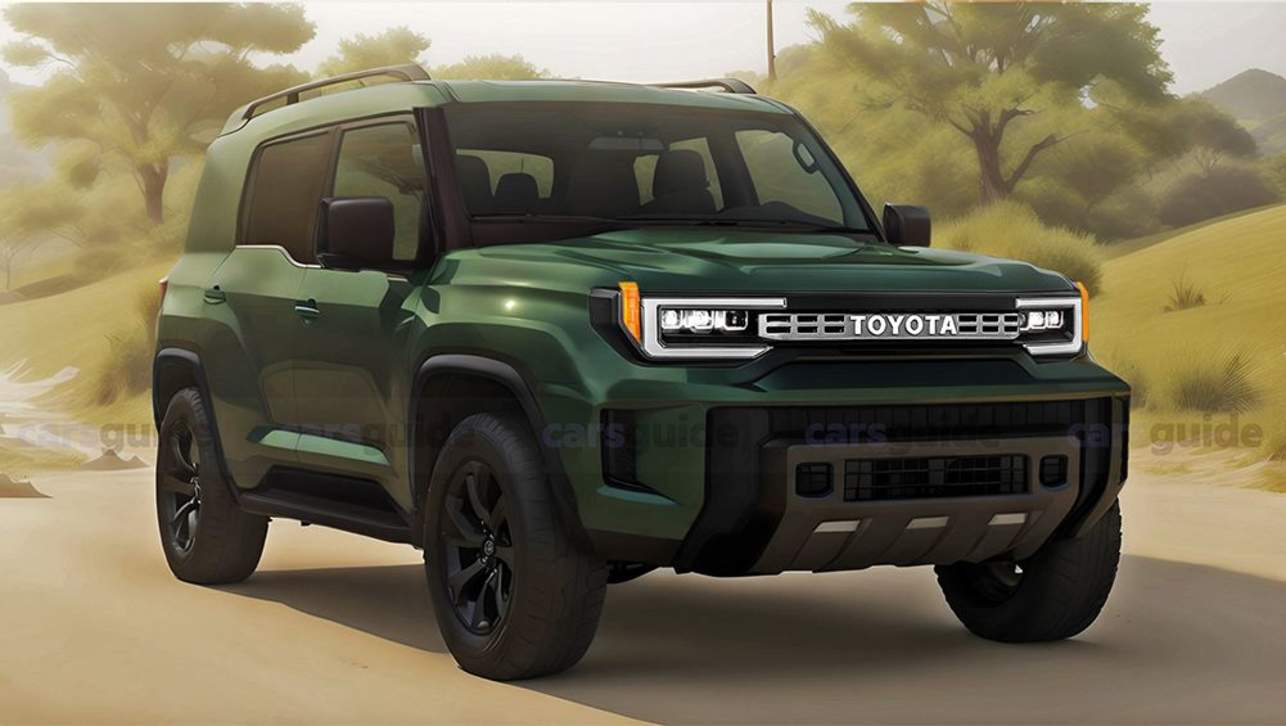
.jpg)
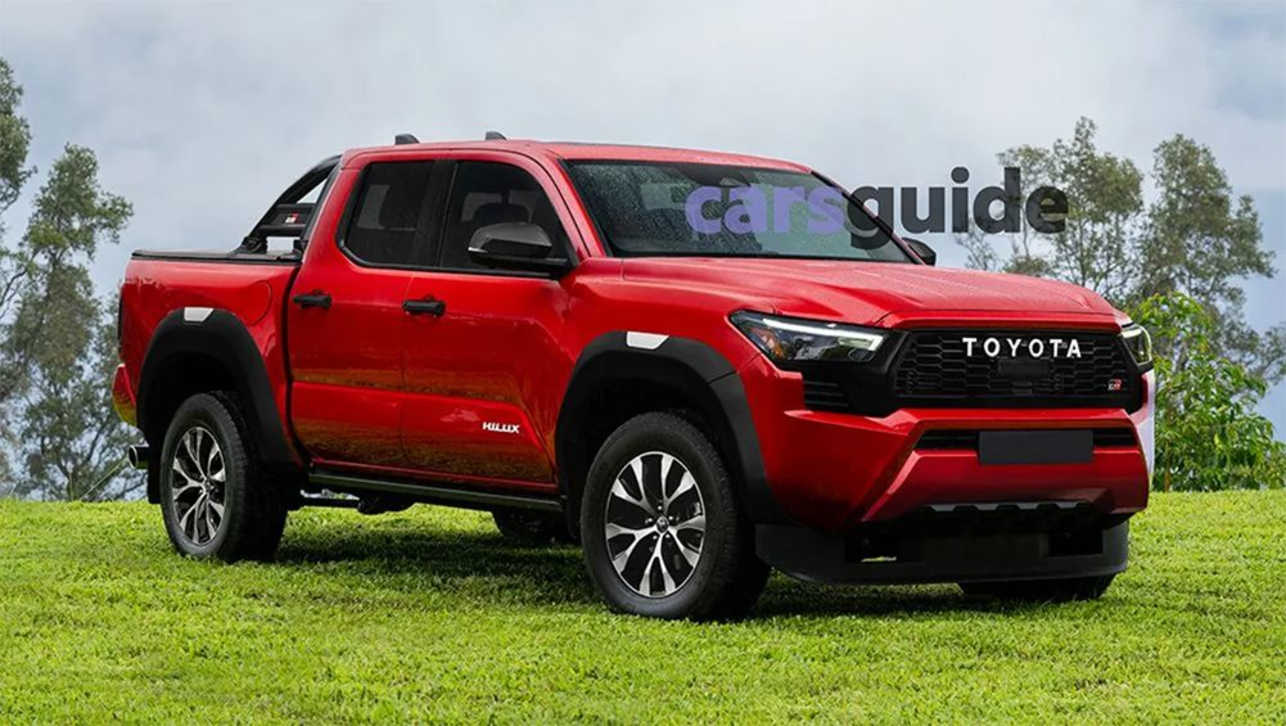
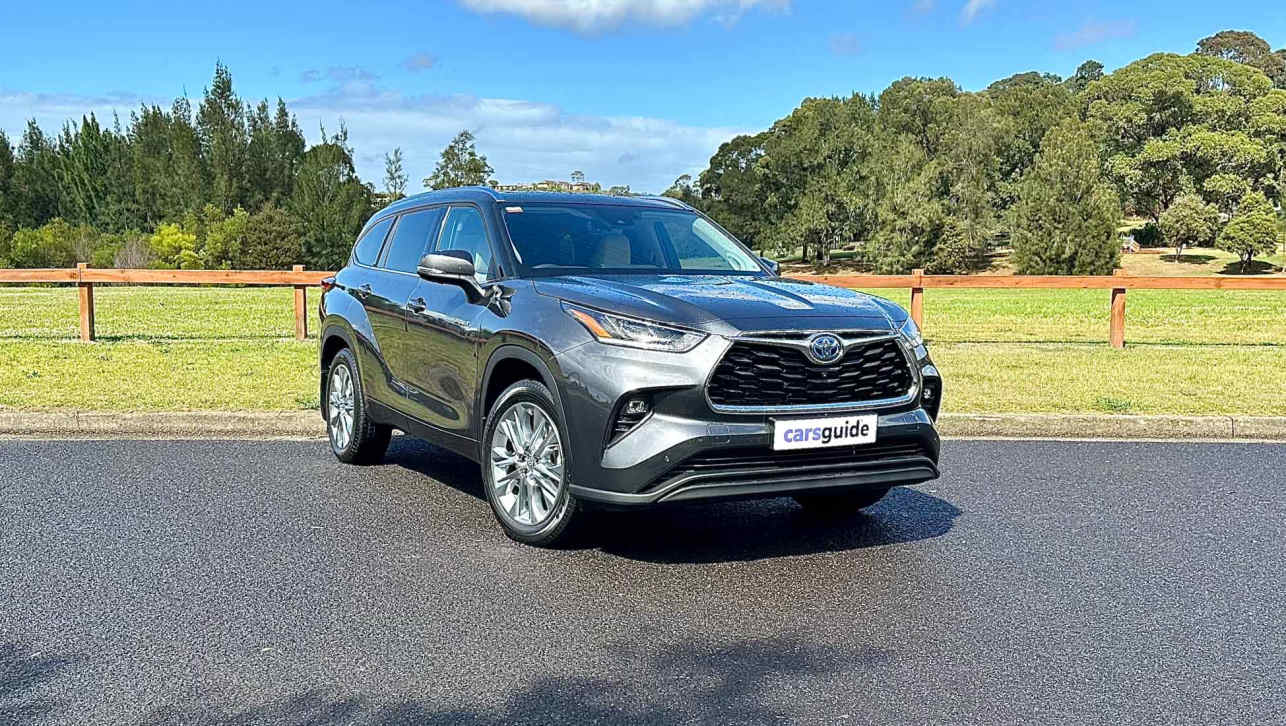
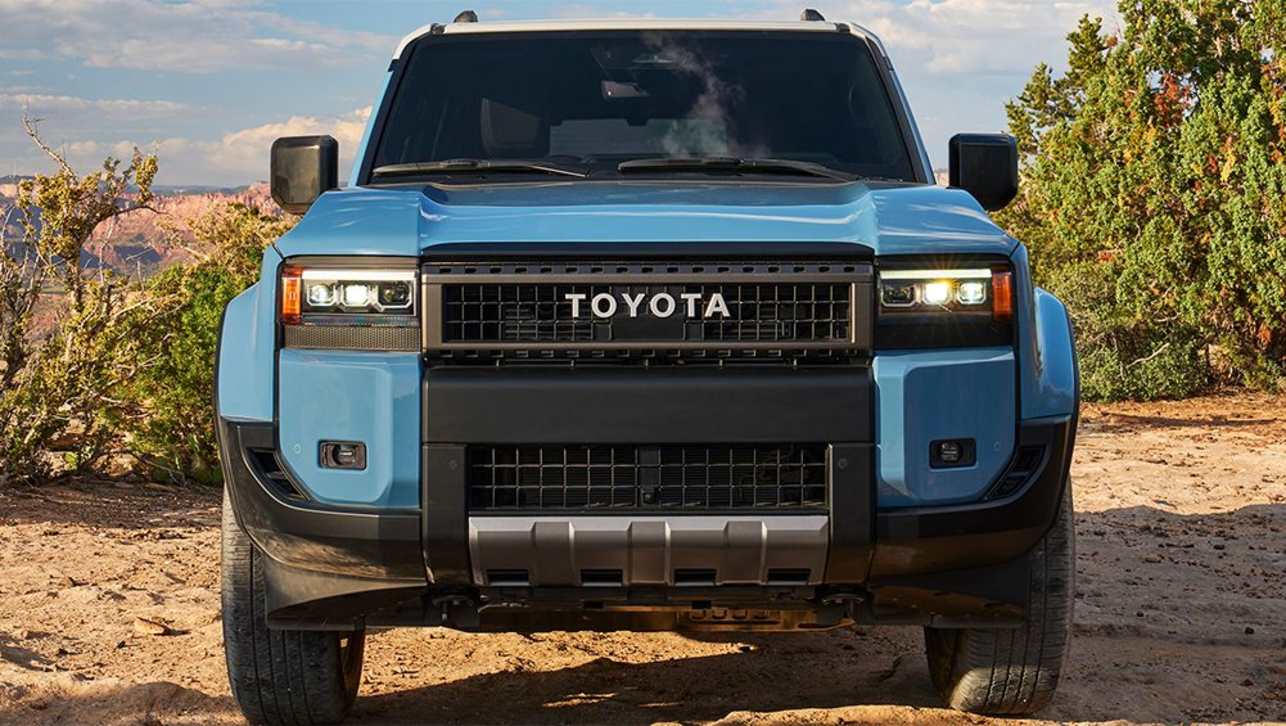




Comments